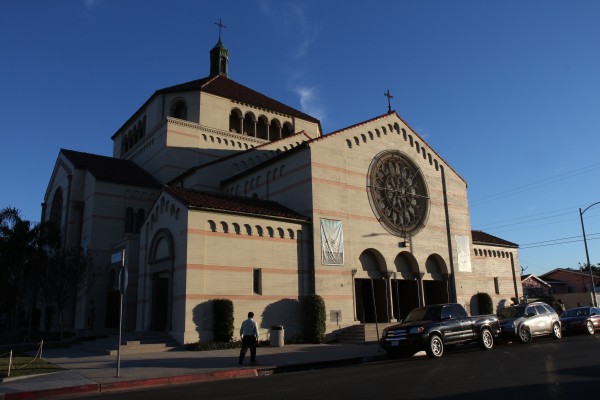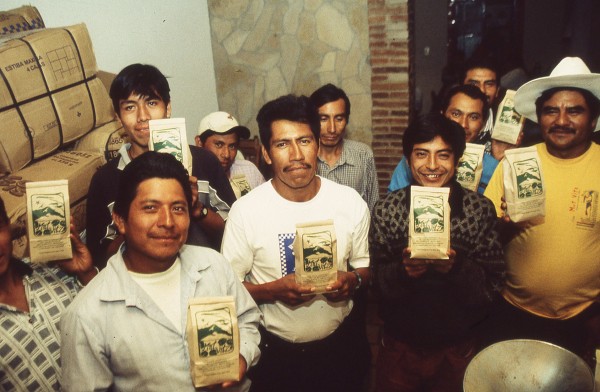Pope Francis had something wonderful to say to the bishops of Mexico yesterday.
“Be vigilant so that your vision will not be darkened by the gloomy mist of worldliness; do not allow yourselves to be corrupted by trivial materialism or by the seductive illusion of underhanded agreements; do not place
your faith in the ‘chariots and horses’ of today’s pharaohs. …”
and
“Do not lose time or energy in secondary things, in gossip or intrigue, in conceited schemes of careerism, in empty plans for superiority, in unproductive groups that seek benefits or common interests. … Do not allow yourselves to be dragged into gossip and slander. … If you want to fight, do it, but as men do. Say it to each other’s faces and after that, like men of God, pray together. If you went too far, ask for forgiveness.”
 If there are clerics in this world due for a spiritual tongue-lashing, it’s Mexican bishops.
If there are clerics in this world due for a spiritual tongue-lashing, it’s Mexican bishops.
When I lived there, I was struck by how uninterested most bishops (and there were notable exceptions) seemed in the country’s poor. Many seemed either absorbed with ritual, or with political intrigue and playing golf with the powerful – either oblivious to, or studiously ignoring, the country’s towering wave of poverty, throttled opportunity and energy, and of course, today, violence.
In the most deeply Catholic parts of the country – Oaxaca and Chiapas – it was as if the church hadn’t changed much since the Spaniards brought it over. The priest was viewed as a quasi-deity in many Oaxacan villages. People were not allowed to look at him when he walked their streets – this as recently as the 1970s, from people I’ve spoken to. The religious traditions of those villages – the fiestas that poor peasant farmers had to pay for, miring them in debt for years; the incessant use of alcohol – have served to keep generations of people poor.
Thus so many Mexicans, especially so many Mexican Indians from isolated villages in states like Chiapas and Oaxaca, convert to Protestant denominations when they leave their home towns.
Look at Pico-Union and South Central Los Angeles, or the agricultural Valley of San Quintin in Baja California. You will see hundreds of new churches – Pentecostal, Baptist, Jehovah’s Witness and more – many of which were formed by Zapotecas, Mixtecs, and Mayans who were once thought to be the bedrock of Mexican Catholicism.
They were easy to control when they hadn’t seen anything of the New World, and were cloistered in the Old.
Away from the limitations, prohibitions, and ecclesiastical arrogance they grew up with, many seem to feel that spiritual reinvention ought to be as much a part of their new lives as the socio-economic conversion they are going through.
Just as global economic competition has entered Mexico in the last few decades, so too is the country facing religious competition. Too often, the church still seemed to behave as if it had a monopoly on souls.
I thought I saw similarities between the church and how Mexican immigrants turned away from Gigante, the Mexican grocery-store chain that tried to enter the Southern California market a few years back, thinking it could treat these immigrants the same disparaging way the chain had back home.
Mexican bishops and the Pope ought to visit one of my favorite places in Los Angeles: St. Cecilia Catholic Church, at 42nd and Normandie, a vibrant (and full) church, with congregations, and saints, from Oaxaca, Guatemala, El Salvador and Nigeria.
They’d see how Catholicism wins when it opens itself to its parishioners, allows them to own the church and take an active role in it. They’d see how crucial that is to energizing a congregation now working in the New World and used to, but unhappy with, the ways of the Old.



